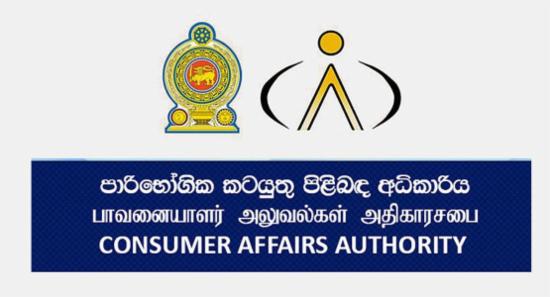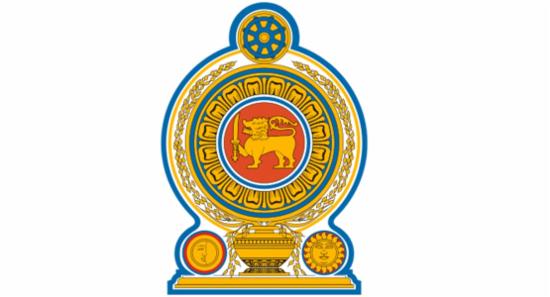.webp)

Dietary Guidelines issued for Sri Lankans by MoH & FAO
Colombo (News 1st); - The Ministry of Health, Nutrition and Indigenous Medicine with support from the Food and Agriculture Organization of the United Nations (FAO) launched the Sri Lanka Food-Based Dietary Guidelines (FBDGs) in Colombo.
Country specific FBDGs are one of the FAO/WHO recommended tools to improve healthy eating habits and lifestyles of individuals and populations.
Food-Based Dietary Guidelines Key Messages
• Add variety to your daily meals balancing the correct amounts.
• Eat whole grains including rice and their products which are parboiled or less polished instead of refined grains and products.
• Limit sugary drinks, biscuits, cakes, sweets, and sweeteners.
• Add fish or egg or lean meat with pulses in each meal.
• Eat at least two vegetables, one green leafy vegetable, and two fruits daily.
• Eat a handful of nuts or oily seeds daily.
• Have fresh milk or its fermented products.
• Limit salty foods and adding salt to foods.
• Water is the healthiest drink: drink 8 to 10 glasses (1.5 – 2.0l) throughout the day.
• Be active: engage in exercises at least for 20 minutes every day.
• Sleep 7 – 8 hours continuously every day.
• Eat clean and safe food.
• Eat fresh and home-cooked food: limit processed and ultra-processed food.
• Always read labels of packaged foods.
Sri Lanka was one of the countries to endorse the FBDGs in the Framework for Action agreed at the Second International Conference on Nutrition.
The Food-Based Dietary Guidelines (also known as dietary guidelines) are intended to establish a basis for public food and nutrition, health and agricultural policies and nutrition education programmes to foster healthy eating habits and lifestyles.
The guidelines provide advice on foods, food groups and dietary patterns to provide the required nutrients to the
general public to promote overall health and prevent chronic diseases.
Sri Lanka first published food-based dietary guidelines in 2002. A revised version was launched in 2011.
The guidelines were developed by the Nutrition Division of the Ministry of Health, in consultation with various government ministries, universities, nutrition associations and institutes, consumer and non-governmental organizations. Technical and financial support was extended by FAO.
The guidelines are adapted to the country’s nutrition situation, food availability, culinary cultures and eating habits.
Other Articles
Featured News





.png )


-778869_550x300.jpg)




-722285-778677_550x300.jpg)




















.gif)